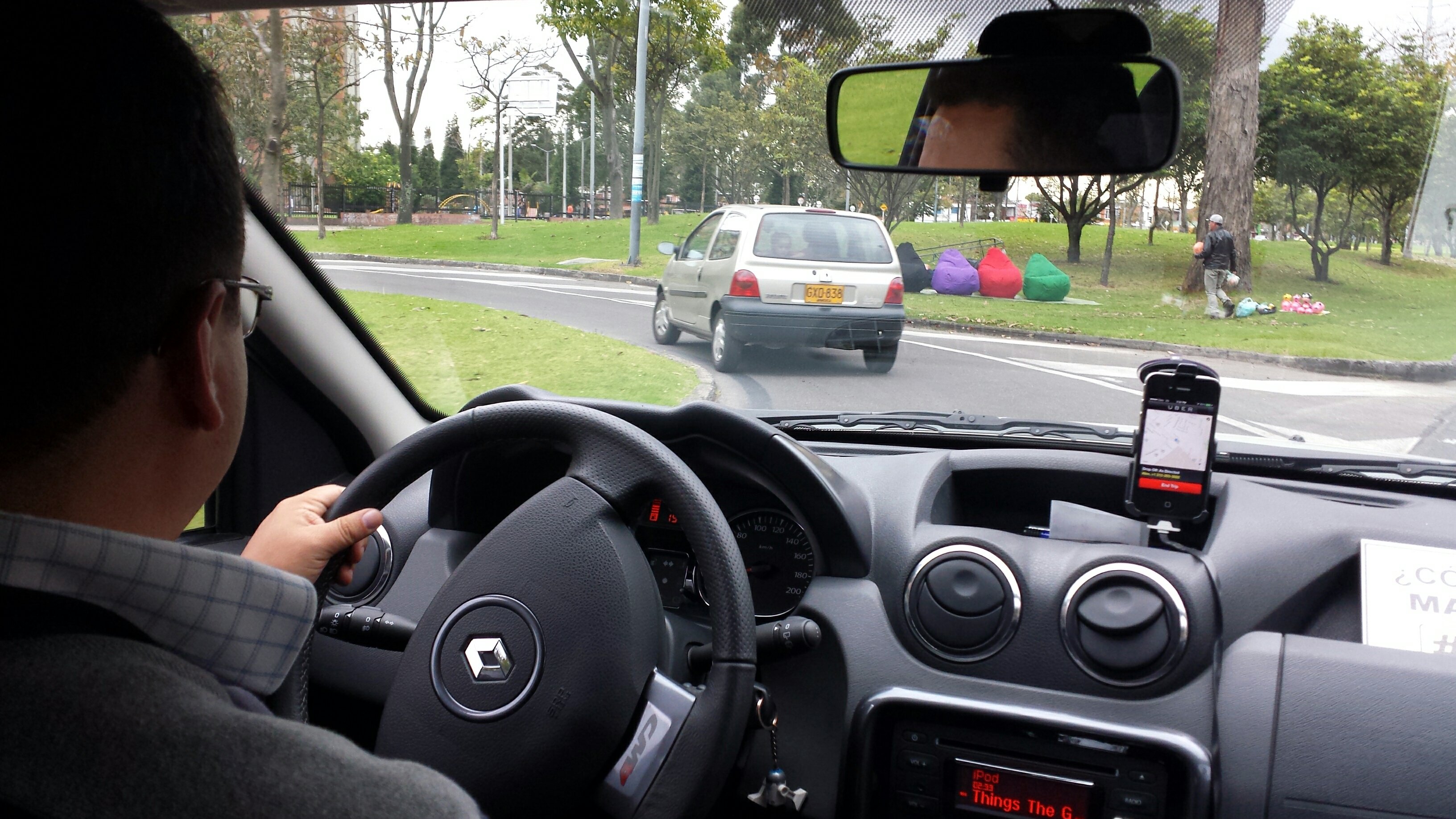By: -

It needed to accommodate commuters looking to park their cars at Summit’s Transit station for their daily train commute into New York City. At the train station there are 2,809 parking spaces which, on weekdays, are typically filled by 8:15 a.m., and the city needed 200 to 400 additional parking spaces to meet the daily demand.
City officials considered converting an existing lot with 100 spaces into a structured garage with 400 spaces. The building project would cost around $10 million. Alternatively, officials looked into purchasing land for another surface lot of 100 parking spaces at a cost of $5 million to $7 million.
Then, as reported by The Wall Street Journal, someone came up with a creative idea that solved Summit’s parking problem at an approximate cost of $1,670 per parking space per year.
The solution: the city is subsidizing local residents to get Uber rides to and from the train station thus eliminating the need for additional parking. The pilot program offers residents an opportunity to take Uber rides to and from Summit’s NJ Transit station at the cost of the $4 daily parking fee with the time savings benefit of not having to look for parking.
The city underwrites the additional cost for each Uber ride for an estimated yearly expense to the city of about $1,670 per rider. The program, which was originally limited to 100 residents, oversold before it started and is now adding names to a waiting list.
My purpose in sharing this story, there are many others, is to spotlight how innovative governments can benefit from private/public partnerships by thinking outside their bureaucratic solutions box.
On the other hand, governments that favor economic statism fail to benefit from the disruptive technologies that organically flow from entrepreneurship and free market activities. This is the case with some Latin American countries that though structurally democratic, are not, in practice, liberal democracies.
Political scientists use the term “liberal democracy” to encapsulate two discrete concepts. Generically, the term democracy refers to a system of government in which the citizens exercise power directly, or elect representatives to form a governing body.
Liberal, as used in “liberal democracy” denotes a political philosophy of limited government emphasizing the rule of law, an open society, the equal protection of human rights, civil rights, civil liberties, and political freedoms, freedom of speech, freedom of the press, freedom of religion, and free markets.
But the narrative of some democratically elected, but illiberal governments is that liberal institutions- such as a free press and free markets- are obstacles to effective governance. In this view, liberal institutions undermine a government’s ability to promote the wellbeing of the citizenry and governments must act to restrict private economic activities, and consequently disruptive innovations such as Uber.
As of this writing, Uber which books over one million rides each day worldwide, does not enjoy a legal framework in most of Latin America and has been vigorously, and sometimes violently, opposed by politically powerful labor unions throughout the region. In Colombia, for example, Uber has been deemed illegal in Bogota, Barranquilla, Medellin, and Cali. In Argentina, a court initially ordered authorities to take steps to halt the ride-hailing service’s operations in Buenos Aires a day after Uber began services.
The larger point is that the antipathy towards disruptive free market technologies works against the development of imaginative private/public partnerships that can be useful in addressing many of the region’s problems. It seems the political preference is for government controlled grandiose and unaffordable plans – like the expensive structured garage considered by the City of Summit-rather than for the people empowering technologies exemplified by Uber.
To unleash the economic problem solving power of creative free market solutions, nations need to understand that it is not enough to elect its leaders democratically. Being a democracy is a necessary but insufficient condition. Economic prosperity flows from the full empowerment of individual freedoms promoted by liberal democracies.
No comments:
Post a Comment